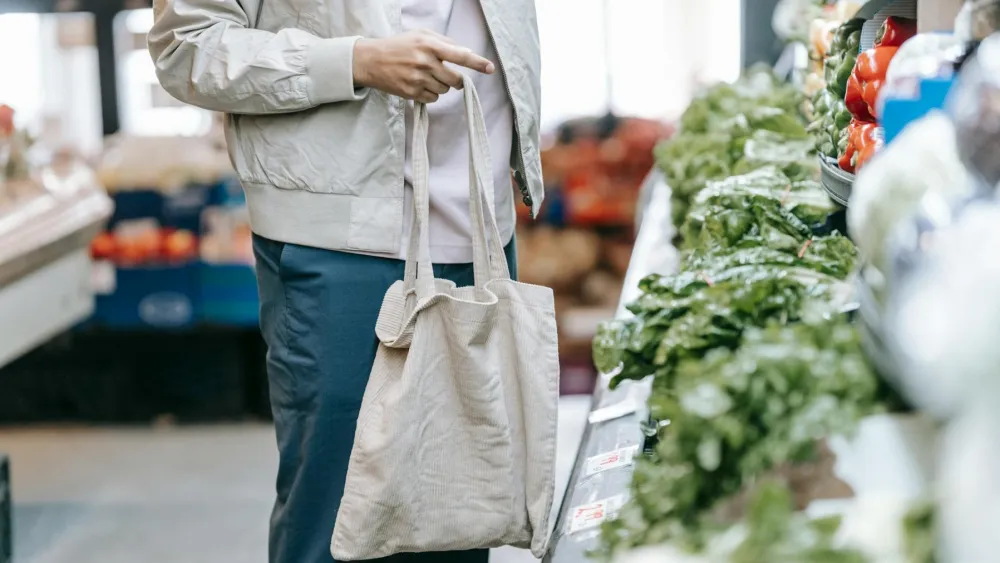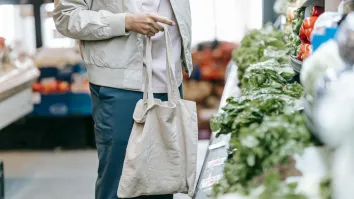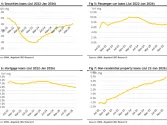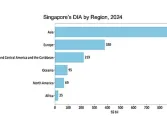
Half of global shoppers willing to pay return fees for international purchases
Gen Z demonstrated a 1.7 times higher likelihood of accepting fees compared to baby boomers.
About 50% of consumers are willing to proceed with their international purchases even in the presence of nominal return charges, according to Asendia and ESW’s Shipping and Returns: Leveraging Logistics to Unlock Global Loyalty report.
The survey, spanning 18 countries and gathering responses from over 18,000 participants, showed that customer expectations for the post-purchase journey, particularly in cross-border returns, are high and varied.
Gen Z demonstrated a 1.7 times higher likelihood of accepting fees compared to baby boomers. Amongst the surveyed nations, India, UAE, and South Korea, showed the highest willingness to accept return charges.
ALSO READ: Around 7 in 10 Gen Zs in Southeast Asia prefer e-commerce
“Returns logistics can be challenging and expensive, therefore many retailers have begun implementing return fees in order to claw back costs and deter shoppers from making excessive purchases with the intention of returning most of them,” the report stated.
Meanwhile, about 27% of respondents are open to paying for a membership providing free returns, whilst an additional 27% are willing to pay for return shipping.
Conversely, over 40% of shoppers in India, China, and Mexico would prefer a membership fee including free returns, compared to just 15% in the UK, Germany, and Switzerland, who would opt for paying return shipping.
“In today’s global marketplace, a robust cross-border returns strategy isn’t just another box to tick, it’s a strategic imperative,” said Helen Scurfield, CEO Global Returns, Asendia.
“Prioritising a seamless, customer-centric return process enhances satisfaction, builds trust, and ultimately fuels long-term success. Each market is a unique ecosystem, with distinct customer behaviours and preferences," she added.



















 Advertise
Advertise






